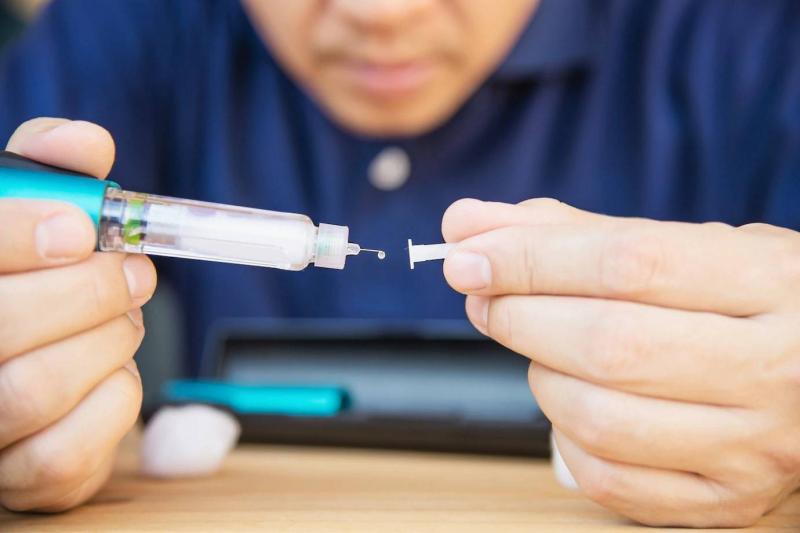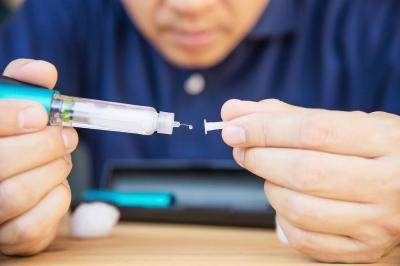A new clinical study conducted by Cardiff University has revealed a common drug that has proven effective in treating early stages of type 1 diabetes in children and adolescents. The research team found that the drug "ustekinumab," an immunotherapy used to treat psoriasis since 2009, is effective in maintaining the body's ability to produce insulin in patients with type 1 diabetes. Researcher Daniela Tatovic stated, "Type 1 diabetes occurs when the immune system attacks and destroys the body's insulin-producing cells, leading patients to rely on insulin injections. Researchers are now working on developing ways to slow down or stop the immune system's attack, which may prevent or reduce the need for insulin."
The study provided new insights into identifying the immune cells involved (Th17 cells) that cause type 1 diabetes and also demonstrated the role of immunotherapy in reducing the destruction of insulin-producing cells. Researchers tested the psoriasis treatment on 72 adolescents aged between 12 and 18 years old who have type 1 diabetes. After 12 months of using "ustekinumab," researchers found that levels of peptide C (a marker that the body is producing insulin) were 49% higher.
Further clinical trials are needed to confirm this discovery and identify the most beneficial patients for the treatment. Professor Tim Tree from King's College London remarked, "We found that 'ustekinumab' reduces the level of a small group of immune cells in the blood (Th17.1 cells). These cells make up only 1 in every 1000 immune cells in the blood, but they play an important role in destroying insulin-producing cells. This explains the effectiveness of 'ustekinumab' with very few side effects, as it targets the damaging cells while leaving 99% of the immune system intact."




